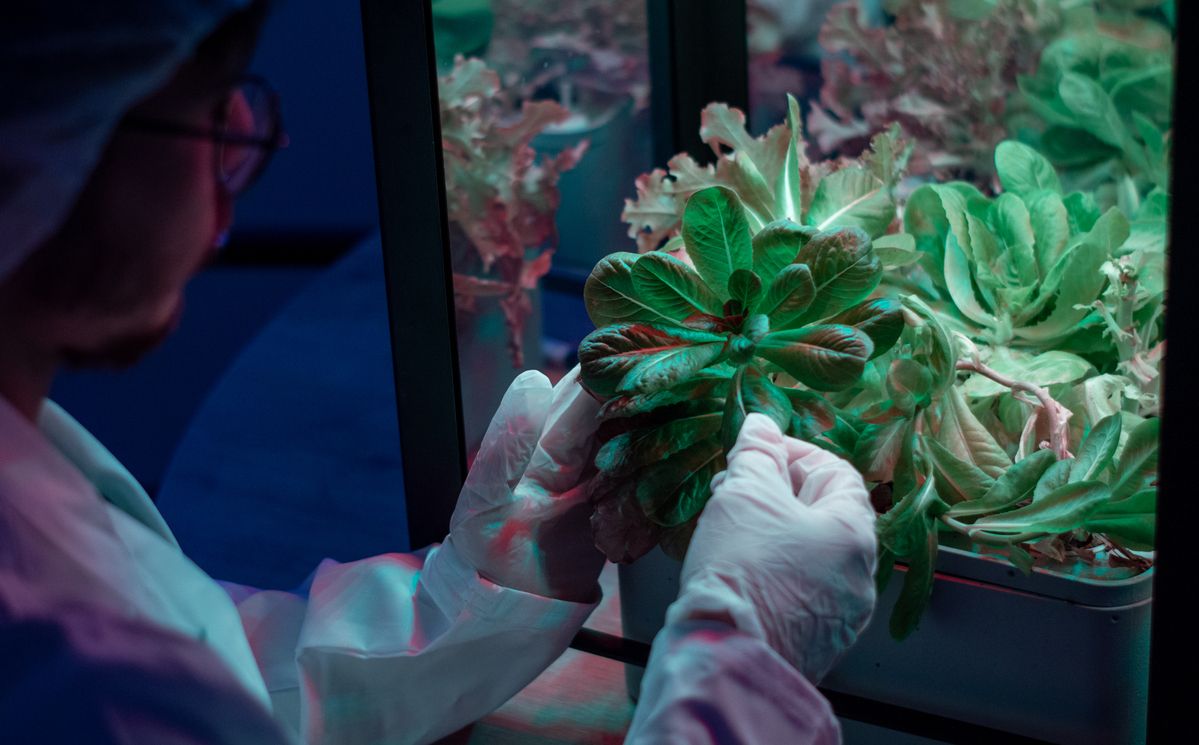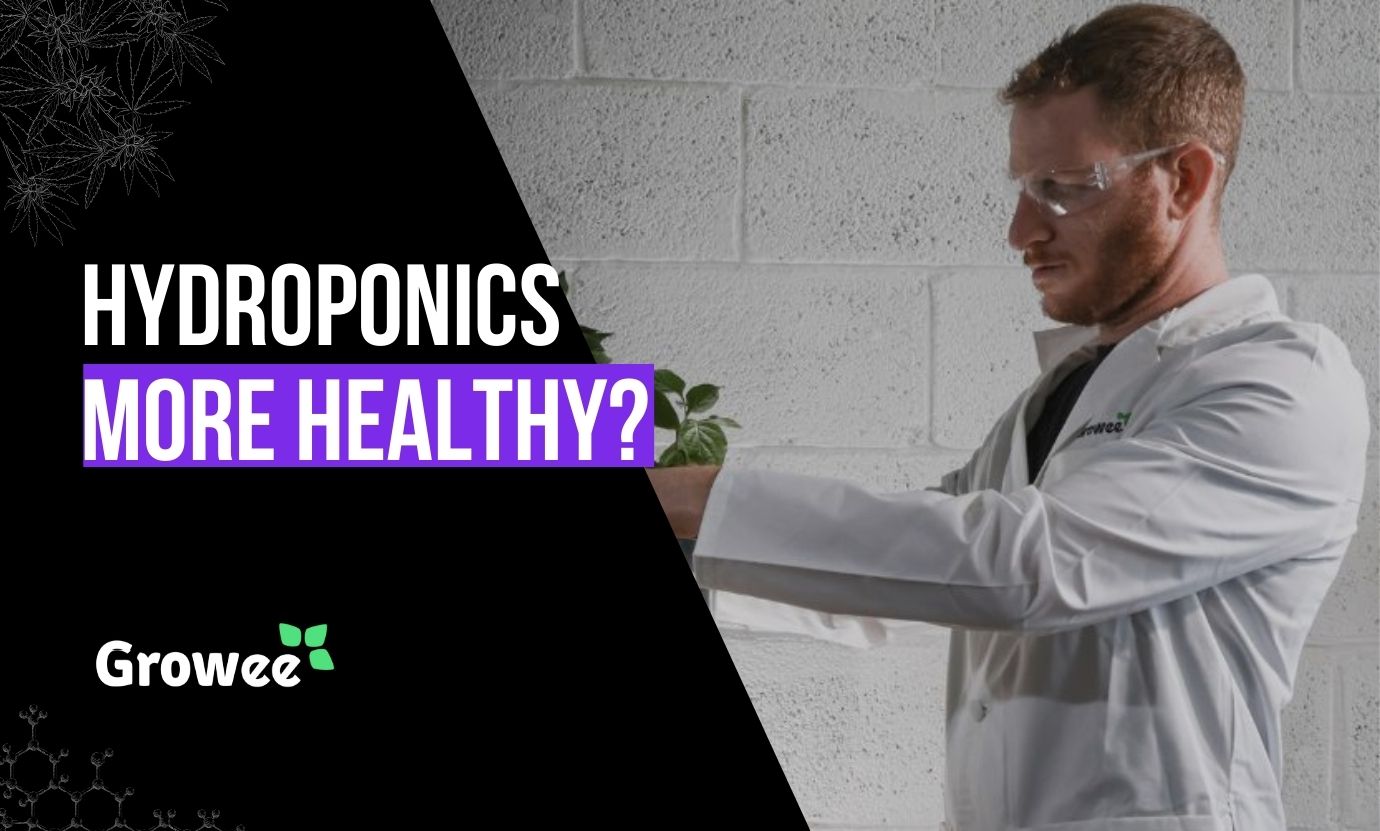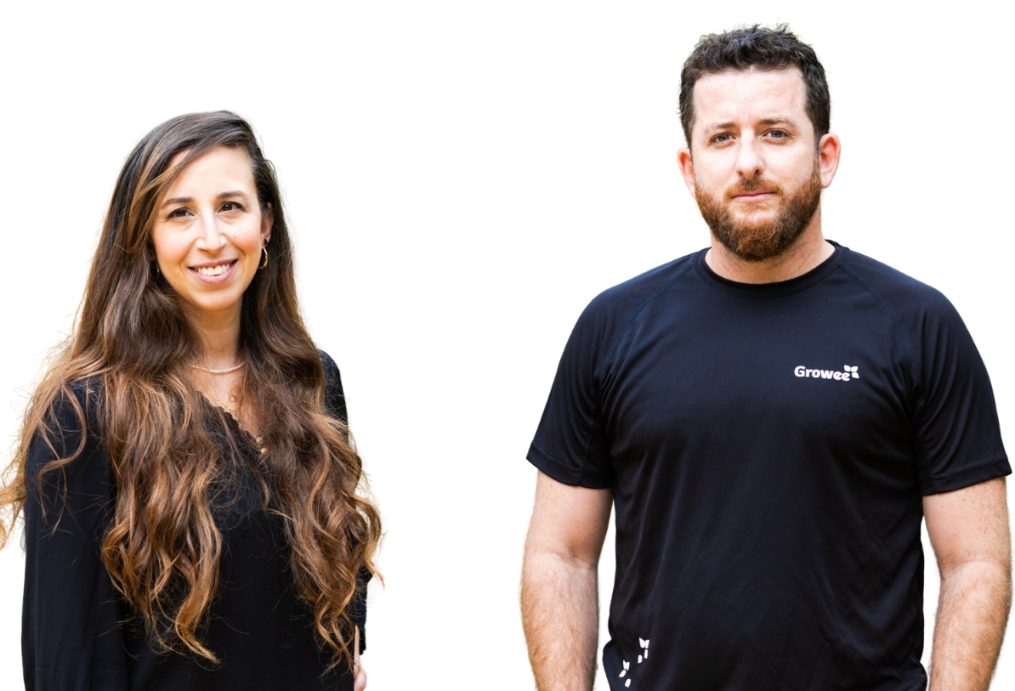Most people like the idea of hydroponic gardening; it can be cost-effective once you get over the initial upfront cost, and you control the growth environment. However, many also worry that hydroponic vegetables aren’t as healthy as those grown in soil. Let’s find out more!
Why Are Hydroponic Gardens Popular?
More venture capital is being added to indoor hydroponic farming. With this system, vegetables are grown without soil, usually in a vertically stacked system and under LED lights. The plants actually grow in water, and nutrient solutions are mixed up and added to bring in all the basic and trace minerals they need to succeed.
Advocates claim that hydroponic systems are better than traditional growing methods because companies may grow crops year-round in any climate from arid desert to cold and snowy.
It also reduces the risk of unpredictable weather and is cost-effective for those who have water supply shortages.
Likewise, these systems take up less space, so growers can produce food with less room. They also require much less pesticides and other chemical intervention.
Nutrient Knowledge
Generally, the nutritional value of vegetables grown hydroponically is the same as what you get from conventionally-grown items. Since gardeners can precisely control what minerals are in the water, it’s much easier to get consistent levels of nutrients with much less and exact input. Farmers using soil-grown vegetables may have to use fertilizer and other outside sources to deal with poor soil quality.
Overall, the minerals and nutrients you use in hydroponic gardening make all the difference. If you don’t provide the nutrition a plant needs, your vegetables aren’t going to be as healthy.
This feeding table is usually provided by the fertilizer brand.
See How Growee Can Save You Time By Automating Your Plants Feeding
Water pH – Automated pH Up and Down Control
Nutrients Mixing – Automated Nutrient Dosing with Target EC / PPM Control.
Control From Anywhere – WiFi Connection and mobile App
Food Safety
One issue with hydroponically and non-hydroponically grown vegetables relates to food safety ,but thanks to
the protected growing environment and typically being above ground in a controlled and monitored system,many of the non-hydroponic system threats are resolved.
In traditional gardening or farming, you wash the produce to remove the soil, as well as other foreign matter or contaminants.
Those who prefer to cook their vegetables before eating them should have no issues with salmonella.
Hydroponic growers don’t have the same pest issues as traditional farmers. Therefore, you don’t have to worry so much about ingesting chemicals through pesticides or weed killers. In a sense, hydroponic gardening can produce healthier vegetables from that benefit alone.

Why Should You Eat Vegetables?
Eating plenty of fruits and vegetables is good for your health. They can help you:
- Lower blood pressure
- Prevent certain cancers
- Reduce your risk of stroke or heart disease
- Lower your risk of digestive and eye problems
- Promote a healthy blood sugar level (and lower your risk of getting diabetes)
- Keep your appetite in check (help you feel full longer and promote a healthy weight)
Pros and Cons of Hydroponic vs. Soil-based Vegetables
Pros of Hydroponic Vegetables
- High-quality nutrient dense food
- 90% lower water use
- No soil needed
- Space-saving capabilities,even growing vertically on multiple levels in the same footprint
- Complete control over water temperature, pH levels, and nutrients provided
- Optimal use of nutrients
- Faster growth rates
- No weeding necessary
- Fewer pests and diseases
- hardly any need for herbicides and pesticides
- Saves time and quick turnover
Cons of Hydroponic Vegetables
- Higher initial cost (investment)
- Requires more maintenance and attention
- Can raise electricity bill,unless solar power is utilized
Pros of Soil-based Vegetables
- Natural environment
- More forgiving due to buffering abilities of soil
- Naturally adjusts itself
- Lower initial costs
Cons of Soil-based Vegetables
- Longer harvest times
- Smaller yield
- Requires much more space
- Must deal with pests and weeds
- May have to use chemicals
How Do You Give Plants Appropriate Nutrition Hydroponically? Growee Can Help
Since hydroponic vegetables require you to control the nutrition levels, you need appropriate tools to help you provide nutrients at the right time. Most people turn to automated systems that include a pH balancer and nutrient doser.
Growee offers many sets to help you get started. They help with automatic pH balancing, dosing control, and more. Plus, you can use your phone and the Growee app to make changes anywhere in the world.

Conclusion
The question weighing on many people’s minds is: are hydroponic vegetables healthy? In fact, they want to know if they’re just as good as soil-based plants. The answer is yes if you create the right nutrient mixtures and closely control and monitor the parameters.
Growee is a startup company that’s developed automation products to help at-home hydroponic growers on a smaller scale. You can use these products to create a hydroponic system that produces vegetables just as healthy as those grown in soil. Find the right kit for you today!



